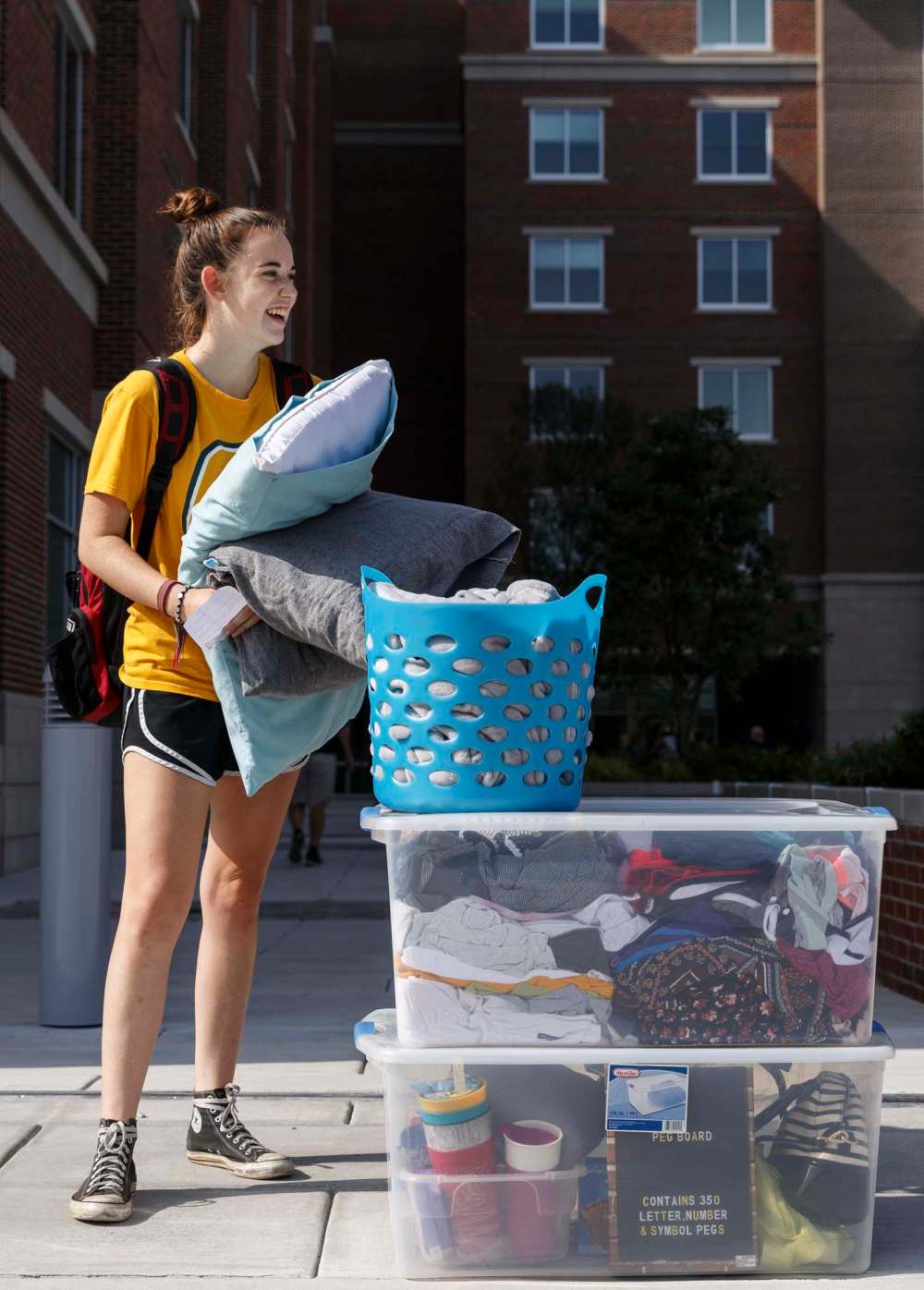Fake rentals are a real problem
Police say home and apartment listings are used by scammers to get your money
Advertisement
Read this article for free:
or
Already have an account? Log in here »
To continue reading, please subscribe:
Monthly Digital Subscription
$19 $0 for the first 4 weeks*
- Enjoy unlimited reading on winnipegfreepress.com
- Read the E-Edition, our digital replica newspaper
- Access News Break, our award-winning app
- Play interactive puzzles
*No charge for 4 weeks then billed as $19 every four weeks (new subscribers and qualified returning subscribers only). Cancel anytime.
Read unlimited articles for free today:
or
Already have an account? Log in here »
Hey there, time traveller!
This article was published 19/08/2018 (2066 days ago), so information in it may no longer be current.
As students search for new digs before the start of the school year, and parents watch their children leave the nest for the first time, the Winnipeg Police Service and the Canadian Competition Bureau are warning would-be renters to be on the lookout for scams.
While rental scams aren’t rampant in Winnipeg, they do happen, Sgt. Shaun Veldman of the Winnipeg Police Service financial crimes unit said.
“We do get reports of it that come in. It is something that people do need to be aware of, because it is an active scam,” Veldman said.

On Thursday, the Competition Bureau, which is an independent law enforcement agency, released a consumer alert in collaboration with the Canadian Anti-Fraud Centre and the Financial Consumer Agency of Canada.
The alert warned students, parents and anyone else on the market for a new place to live that if a “rental listing looks too good to be true, it probably is.”
A typical scam involves someone posting attractive listings onto classifieds websites such as Kijiji and Craigslist, or social media platforms such as Facebook. Often, the photos and details used in the ads will be taken from existing, legitimate rental listings, or from short-term rental sites such as Airbnb.
The person posing as a landlord may claim to be out of town and unable to show the listing in person. Would-be renters who live outside the city, province or country, and therefore unable to check out a property in person, are also frequent targets for scammers.
“If you can’t attend in person, ask the landlord if you can have someone you trust come down to look at the property on your behalf. Even if you don’t have anyone to do that for you, ask anyway. If they don’t allow that, obviously, that’s a major red flag,” Veldman said.
“What legitimate business person who’s renting a property wouldn’t allow someone to come down and take a look? Another thing to do is ask questions legitimate property owners would know. Something like, ‘Where’s the nearest bus stop?’”
The alert says scammers will attempt to get would-be renters to hand over money before seeing the property. Often, the requests will escalate, starting with a security deposit, then the first month’s rent, then an additional month’s rent in exchange for a discount.
Another hallmark of scams is that victims are rushed into making quick decisions, with scammers often saying other people are expressing interest in the property and a decision needs to be made immediately.
“Do things like a reverse image search for the photos in the listing. And if they’re asking you to send money in a way that’s not traceable, that’s obviously another big red flag for every scam out there,” Veldman said.
Should someone suspect an online listing is part of a scam, that information should be given to the Canadian Anti-Fraud Centre, Veldman said. The centre enters the listing information into a countrywide database, which helps form potential long-term investigations into fraudulent activity.
If someone has been the victim of a scam, they can reach out directly to city police and file a report, he said.
“Whether it’s a landlord being victimized, or someone who has come across this on the other side of things as a potential renter, we definitely want this reported. We don’t get all of the reports of people being scammed out there,” Veldman said.
“We see this a handful of times every year, maybe up to several times a month. It could also dry up for a period as well. It does happen, but it’s not rampant in Winnipeg. Still, it’s important for people to be aware and important for this information to get out there.”
Know of any newsworthy or interesting trends or developments in the local office, retail, industrial, rental or multi-family residential sectors? Let us know at business@freepress.mb.ca.
ryan.thorpe@freepress.mb.ca Twitter: @rk_thorpe

Ryan Thorpe
Reporter
Ryan Thorpe likes the pace of daily news, the feeling of a broadsheet in his hands and the stress of never-ending deadlines hanging over his head.
History
Updated on Monday, August 20, 2018 7:39 AM CDT: Adds photo


